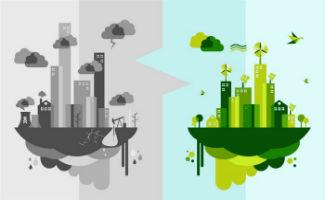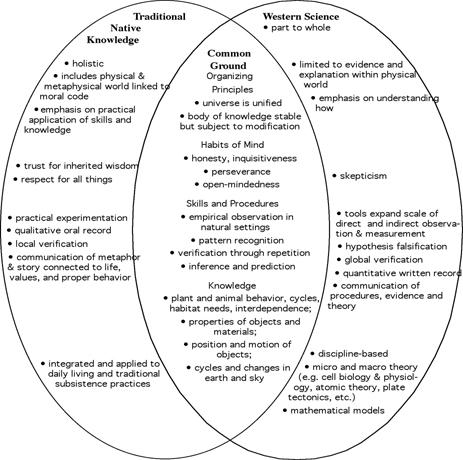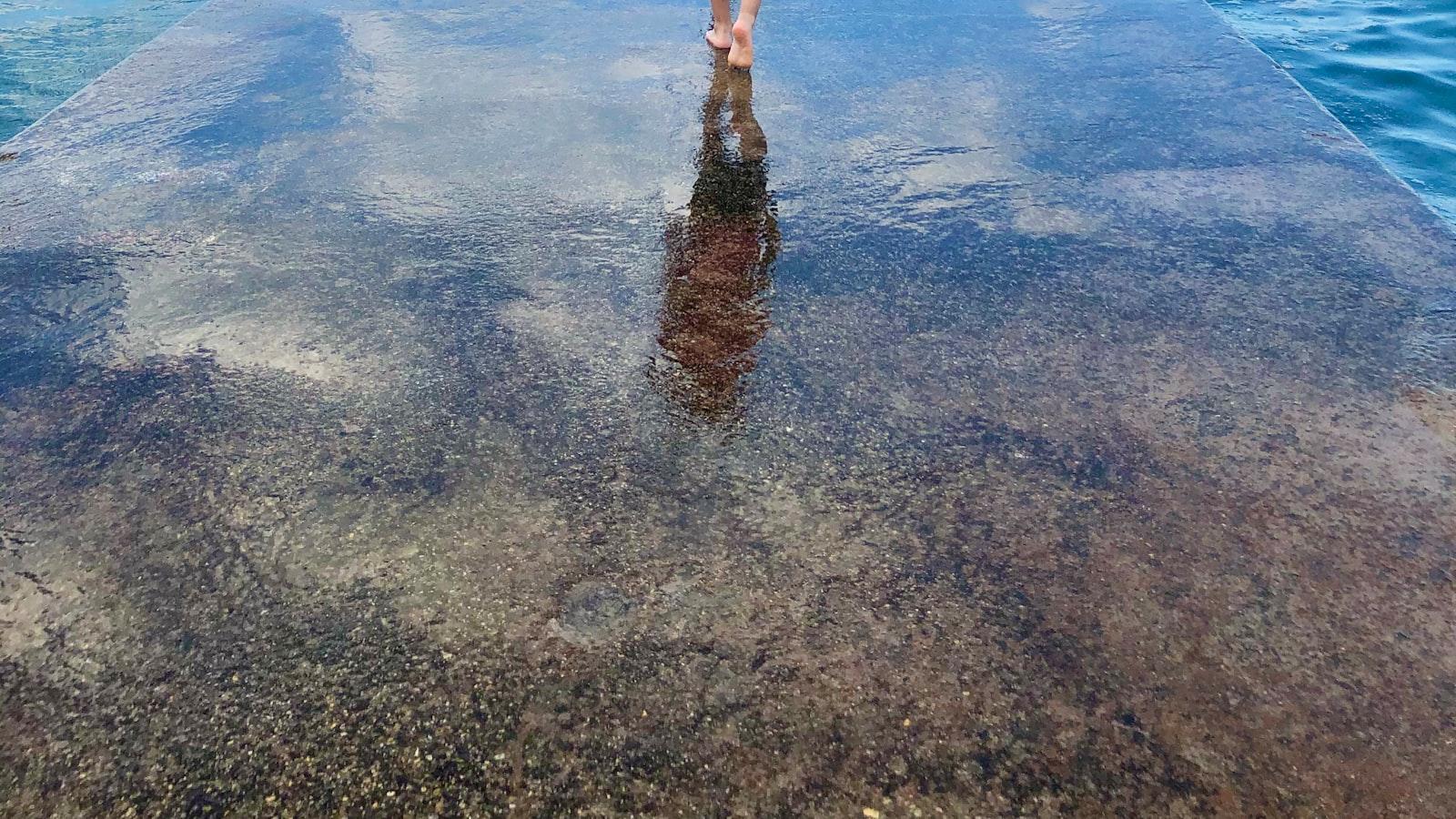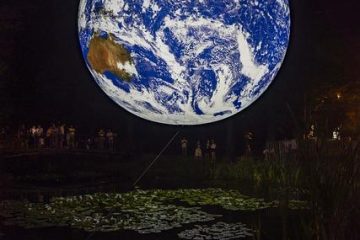In the intricate tapestry of environmental theories and cultural wisdom, the Gaia Hypothesis stands as a beacon of interconnectedness between the planet and all its inhabitants. When weaving the threads of this hypothesis with Indigenous perspectives, a harmonious melody of reverence for the Earth emerges, offering a unique blend of ancient knowledge and scientific inquiry. Let us embark on a journey to explore the fascinating intersection of the Gaia Hypothesis and Indigenous wisdom, as we unravel the symbiotic relationship between humanity and the natural world.
Table of Contents
- Exploring the Interconnectedness in the Gaia Hypothesis and Indigenous Knowledge
- Understanding the Environmental Implications of the Gaia Hypothesis in Indigenous Perspectives
- Incorporating Traditional Indigenous Wisdom into Modern Environmental Conservation Practices
- Fostering Collaboration Between Scientific Community and Indigenous Groups for Sustainable Solutions
- Q&A
- To Wrap It Up
Exploring the Interconnectedness in the Gaia Hypothesis and Indigenous Knowledge
Exploring the relationship between the Gaia Hypothesis and Indigenous Knowledge unveils a profound interconnectedness that resonates with the essence of holistic interconnected ecosystems. The Gaia Hypothesis proposes that the Earth functions as a self-regulating system, akin to a living organism, where all components interact and influence each other.
<p>Indigenous Knowledge further enriches this perspective by highlighting the deep spiritual and symbiotic connections between humans and nature. Through practices rooted in reciprocity and respect for the Earth, indigenous communities embody a profound understanding of harmonious coexistence with the environment. This harmonious coexistence is a testament to the wisdom embedded in their traditions, emphasizing the intricate web of life that sustains us all.</p>
Understanding the Environmental Implications of the Gaia Hypothesis in Indigenous Perspectives
The Gaia Hypothesis, as perceived through indigenous lenses, offers a profound connection between living organisms and their environment. In many indigenous cultures, the Earth is not merely a provider of resources but a living entity with its own consciousness and spirit. This alternative viewpoint fosters a deep respect for nature, promoting a harmonious relationship between humans and the environment.
Understanding the Gaia Hypothesis from indigenous perspectives emphasizes the interconnectedness of all life forms on Earth. Indigenous communities often embody sustainable practices that honor the balance and reciprocity with nature. By recognizing the inherent wisdom of the natural world, we can learn valuable lessons in preserving our planet for future generations. Embracing indigenous wisdom within the framework of the Gaia Hypothesis can inspire innovative approaches to environmental conservation and foster a collective responsibility towards nurturing our planet.
Incorporating Traditional Indigenous Wisdom into Modern Environmental Conservation Practices
opens doors to a world of sustainability rooted in ancient knowledge. By embracing the Gaia hypothesis that views Earth as a living organism, indigenous communities offer valuable insights into harmonious coexistence with nature. Their deep connection to the land teaches us the importance of reciprocal relationships and caretaking for the planet.
Key Points:
- Interconnectedness: Indigenous teachings emphasize the interconnectedness of all living beings, highlighting the need for holistic approaches to conservation.
- Respect for Nature: Learning from indigenous traditions encourages a profound respect for nature’s rhythms and cycles, fostering a deeper sense of environmental stewardship.
- Community Collaboration: Engaging with indigenous practices promotes community collaboration and shared responsibility towards preserving the Earth for future generations.
| Traditional Wisdom | Modern Practices |
|---|---|
| Land Acknowledgment Ceremonies | Implementing Land Repatriation Programs |
| Sacred Water Rituals | Advocating for Clean Water Initiatives |
| Forest Guardianship | Supporting Indigenous-Led Conservation Projects |

Fostering Collaboration Between Scientific Community and Indigenous Groups for Sustainable Solutions
One way to foster collaboration between the scientific community and indigenous groups for sustainable solutions is by creating a platform that facilitates knowledge exchange and mutual respect. By acknowledging the valuable traditional ecological knowledge held by indigenous communities and integrating it with scientific research and technology, a harmonious and effective approach to addressing environmental challenges can emerge. This collaboration can lead to innovative solutions that are not only sustainable but also respectful of diverse cultural perspectives and practices.
Through open dialogue and active engagement, both the scientific community and indigenous groups can learn from each other’s unique insights and experiences. This exchange of knowledge can enrich scientific research methodologies while also ensuring that indigenous perspectives are not only heard but also integrated into decision-making processes. By fostering a culture of inclusivity and collaboration, a more holistic approach to sustainable solutions can be achieved, benefiting both the environment and the well-being of communities involved.
Q&A
Q&A: Exploring the Connection Between the Gaia Hypothesis and Indigenous Wisdom
Q: What is the Gaia Hypothesis?
A: The Gaia Hypothesis proposes that the Earth functions as a self-regulating system, akin to a living organism. This theory suggests that the planet’s biosphere, atmosphere, oceans, and other components interact to maintain optimal conditions for life.
Q: How does Indigenous Wisdom relate to the Gaia Hypothesis?
A: Indigenous cultures worldwide have long revered the Earth as a living entity, embodying a profound interconnectedness between humans, nature, and the cosmos. Their traditional knowledge aligns closely with the principles of the Gaia Hypothesis, emphasizing harmony, balance, and respect for the natural world.
Q: Can Indigenous Practices contribute to our understanding of environmental sustainability?
A: Absolutely. Indigenous communities have preserved invaluable ecological knowledge and practices that promote sustainability, biodiversity, and conservation. By incorporating Indigenous wisdom into modern environmental efforts, we can learn valuable lessons in preserving the planet for future generations.
Q: How can we bridge the gap between Western science and Indigenous perspectives on the environment?
A: Building mutual respect, fostering collaboration, and recognizing the complementary nature of scientific and Indigenous knowledge are essential steps in bridging this gap. By listening to and learning from Indigenous communities, we can cultivate a holistic approach to environmental stewardship that benefits both people and the planet.
Q: What can we learn from the Gaia Hypothesis and Indigenous Wisdom to create a more sustainable future?
A: By acknowledging the interconnectedness of all life forms and the delicate balance of ecosystems, we can adopt practices that promote sustainability, resilience, and harmony with nature. Integrating the insights of the Gaia Hypothesis and Indigenous teachings offers a pathway to building a more sustainable and regenerative future for our planet.
To Wrap It Up
As we delve deeper into the realms of the Gaia Hypothesis and its intersection with indigenous knowledge, we are reminded of the interconnectedness between humanity and nature. The wisdom passed down through generations holds invaluable insights that resonate strongly with the very essence of Gaia herself. By honoring and learning from the indigenous perspectives on our planet and its intricate web of life, we pave the way for a more harmonious coexistence with the Earth. Let us continue to explore, respect, and protect the teachings of both science and tradition to nurture a sustainable future for all beings on this beautiful blue planet we call home.



0 Comments